Top Tips for Caring for Houseplants & Popular Types to Grow
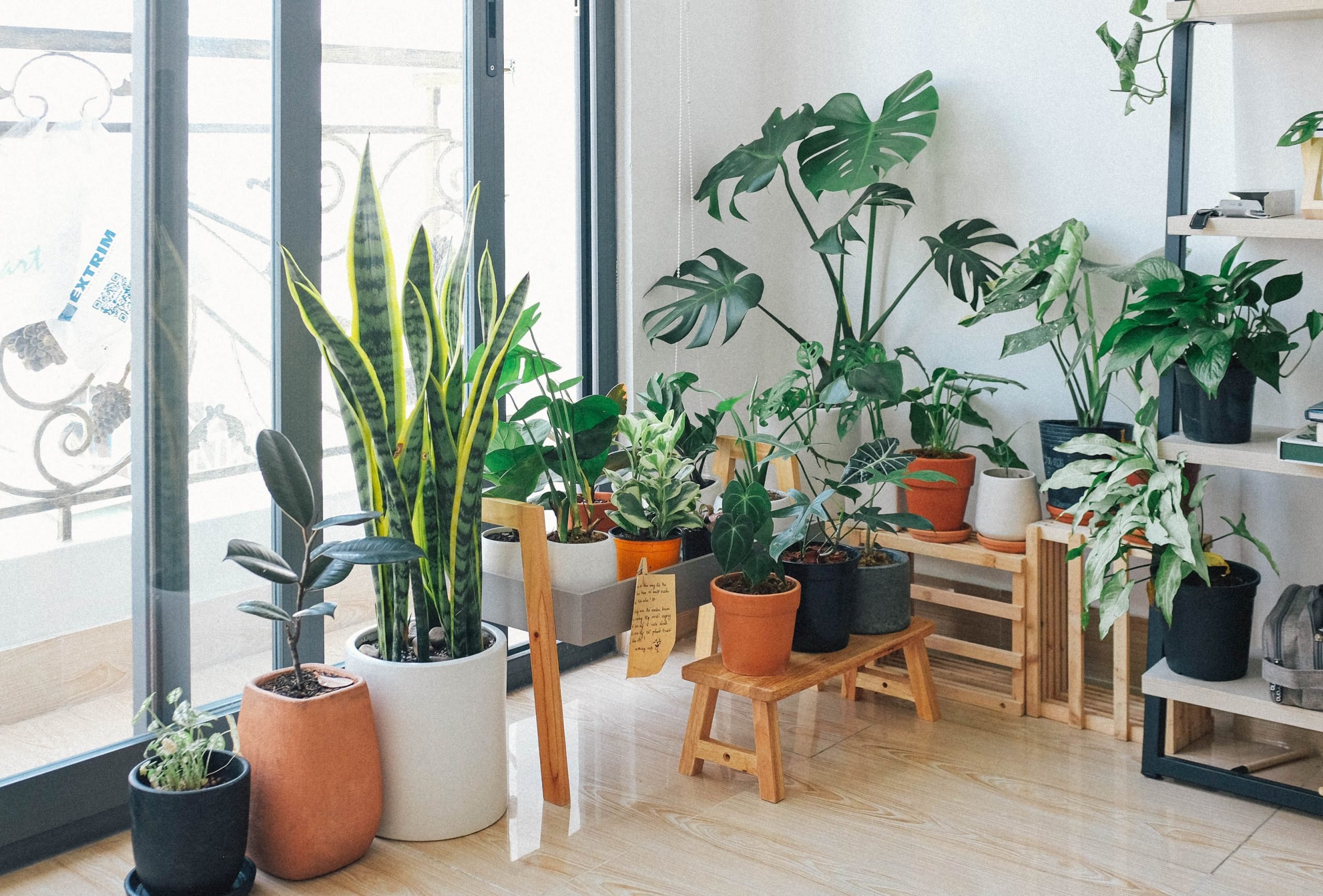
Table of Contents
Get your home decor a natural ornament that could just add more colours to the ambience. Plants are not only a great addition, but they also have benefits. Like, many plants can purify the air, whereas some can help in reducing stress.
Every plant has its own needs, from nutrients to environmental conditions. Thus, making options for us to choose from. The plant you choose, houseplants UK, is based on your experience and schedule. There are many plants that need a lot of time and care to flourish. However, some are easy going which can thrive well in any condition. Read on to learn the care tips and options available for you as a houseplant.
Care Tips for Your Houseplants
1. Soil
Some of the houseplants can grow well in loamy soil, yet, the pH can make a difference. If you choose a plant that can survive in a dry environment, then you can choose a neutral plant, but for other types of plants, you have to choose the right soil. Here are some plants and the soil type in which they can grow well.
- Clay Soil: This soil is also best for water-loving houseplants uk; these soil particles are tightly packed and have no airspace between them. They hold the moisture very well, making the soil moist for a longer time, thus, helping in root propagation. This soil is considered mostly during germination. Aster and Helen’s flowers are best suited for Clay soil.
- Loamy Soil: It is a perfect blend of every soil mentioned above. It has inherited all the good characteristics of other soil, making it the best for your plant. In loamy soil, water is stored properly and also has the property to hold nutrients. Along with this, it also provides the airspace for roots to breathe. This soil is the best choice for plants. Thus, for any plant you choose, you can consider loamy soil as the default in case you don’t find the preferred soil type. Fiddle leaf figs, Peace lilies and all the water-loving houseplants need loamy soil for their water requirements.
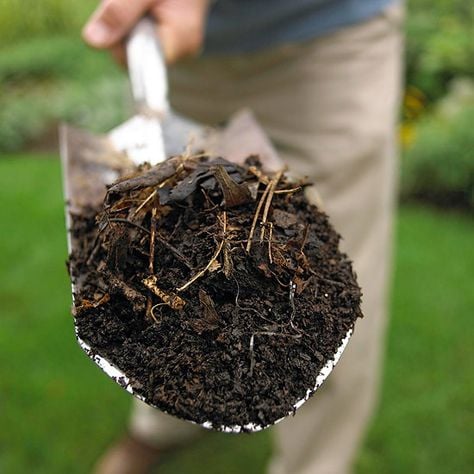
2. Light
Light is an essential component for every plant. For houseplants, the right spot plays a crucial role. In general terms, our plant is categorised into three categories:
- Long-day plants require a large amount of sunlight, or we can say that they need around 15-20 hours of sunlight per day.
- Neutral-day plants fall in the medium category, which can survive in partial sunlight areas. In duration, they require around 8-10 hours of sunlight per day.
- Short-day plants don’t need sunlight too much. These plants can survive in shady areas, yet, to complete their photosynthesis, you have to keep them in sunlight for 1-3 hours.
Thus, choose the plant based on the spot where you want to keep your plants. On general neutral days, plants are considered for the window area, and Short day plants are kept as bathroom plants.
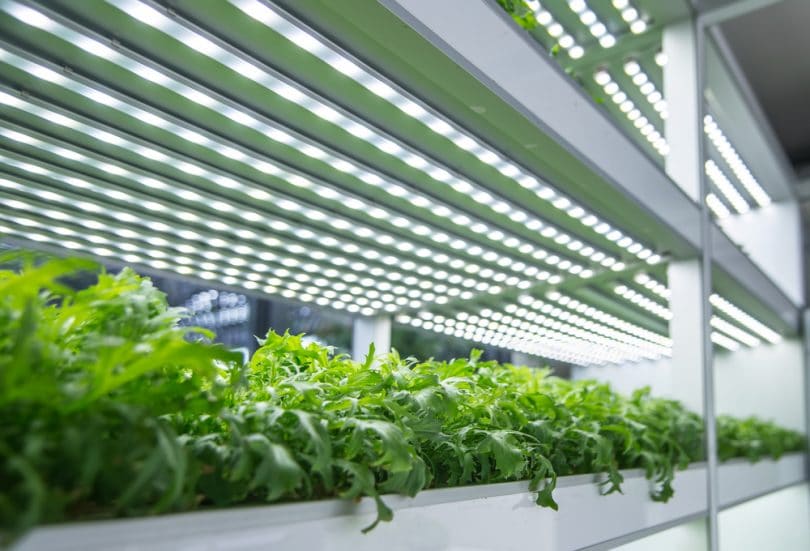
3. Watering
Water is important for every living organism; lime, humans can’t survive without water. The same is with your houseplants uk. Thus, before choosing a houseplant, know its water schedule and get the plant according to that.
Some of the plants are hydrophilic as they need a lot of water while growing. Therefore, choose the right plant for your house which fits your schedule. Like if you are searching for a plant that requires less or moderate level, then you can go for Aloe vera and Yucca.
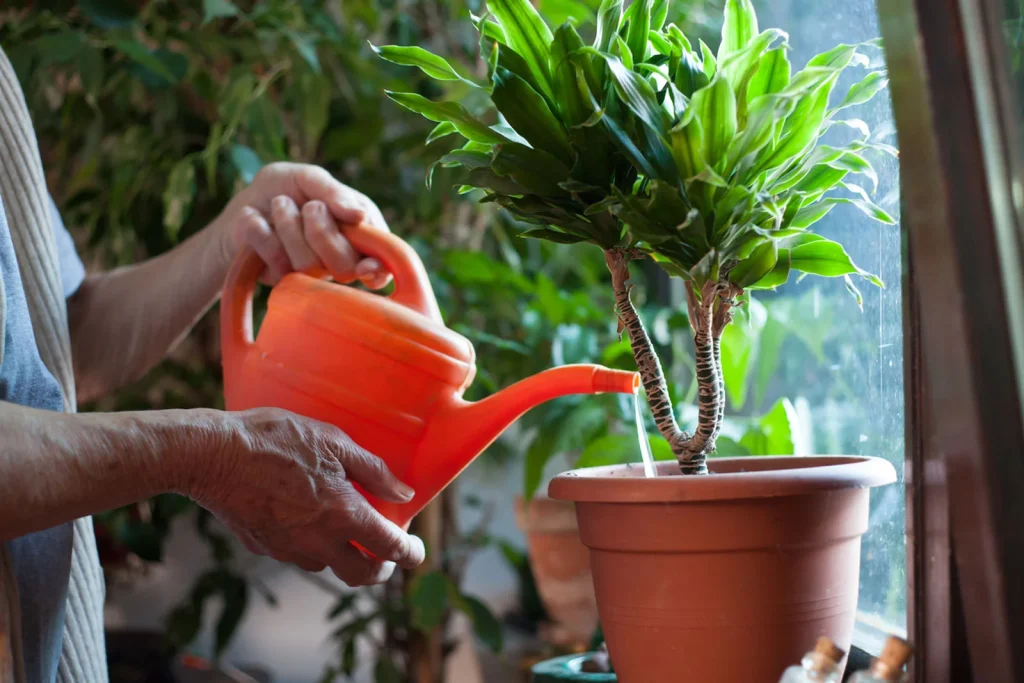
4. Humidity
Humidity means moisture in the air. It somehow relates to the water. Some plants thrive well in low humidity, but tropical plants can flourish in high humidity. There are some plants like Chinese Moneyplant which need high humidity, and low humidity causes de-hydration in plants. The same goes for other species; thus, based on the humidity level of your room, you can choose the houseplants. In case you place a plant that needs high humidity, then you can use a humidifier to maintain the humidity level.
But don’t over-maintain the humidity because a high level of moisture can make the plant surface feasible for fungal infection, which can destroy your plant.
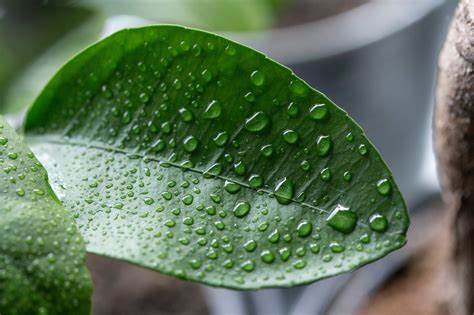
5. Fertilizer
Fertilizer is a chemical that is used in plants to promote their growth. Maximum times there are chances that your soil is deficient in a nutrient; thus, maintain that you have to use the fertilizer. In manure, the results are shown very late, like in years, but in fertilizer, the results are instant.
For houseplants, use a water-soluble fertilizer, and make sure to read the manual or instructions with the fertilizer to avoid any mistakes. Because every fertilizer has its usage, and if we don’t follow that, it will also lead to harmful consequences on plants and soil, which are beyond preservation.
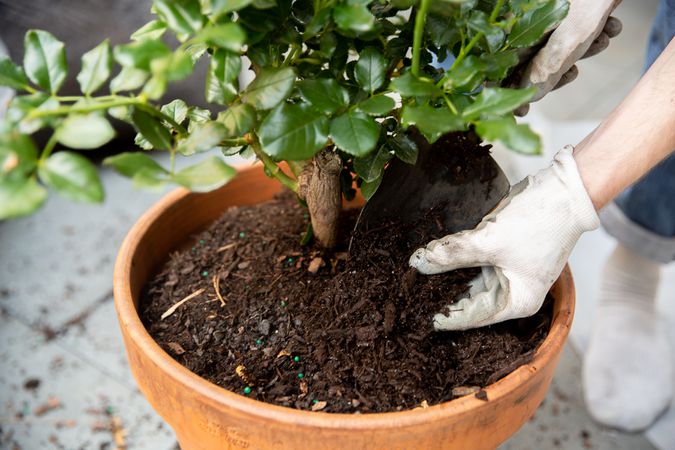
6. Pruning
In plants, uneven growth can also lead to problems. Like if a branch grows too long and you are not able to cut it off, then it will cause problems because plants will take up more space. This will also help in controlling the plant growth.
Pruning is mandatory during the growing season, which is mostly spring but varies from plant to plant. This also helps in the development of plants and gives space and food to the new leaves and stems because old ones are also taking up some percent of their nutrients. For pruning, avoid using hands and get a shear.
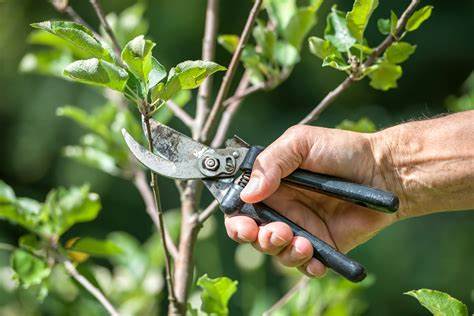
7. Change the Pot
After a time, you will see that your plant has grown to some length that can’t be accommodated in the pot you are using. Then make sure to use change the pot with a bigger and more spacious pot that can accommodate the root and the plant.
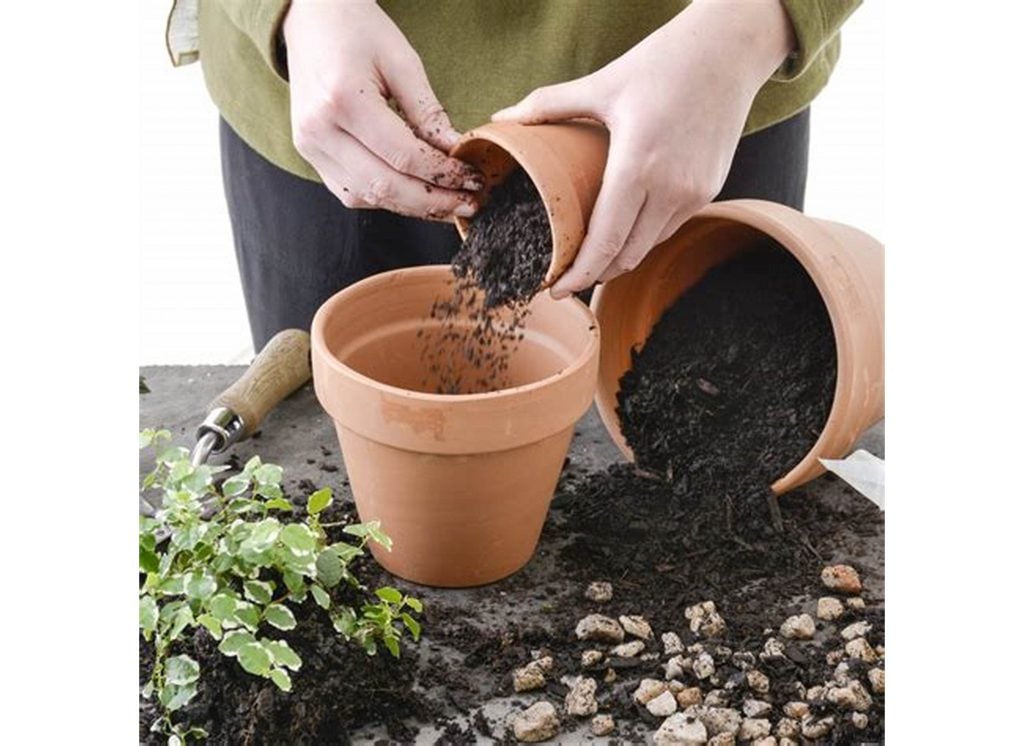
8. Pest Control
Pests are the most irritating thing you are gonna deal with. Thus, pest control is important from the start that will protect your plant from any further damage. As a precaution, use the adhesive strips to trap the insects. You can also use other methods to keep the pests away, like the pesticide or ultrasonic machines.
A natural method like the usage of neem oil or soap solution is a great secondary option to keep the pests away from your plant. If you, by any chance, detect any pest on your plant, then use the pesticide based on the type of the pest.
- Unique Technology: Spielgoed Ultrasonic Pest Repeller using intelligently three-layered bionic wave,...
- Safe to use: Spielgoed Ultrasonic Pest Repeller is human and pet friendly, keeping at bay all sorts...
- Wide coverage: The pest repellent gets coverage up to 115 m2. You should use one unit per a room to...
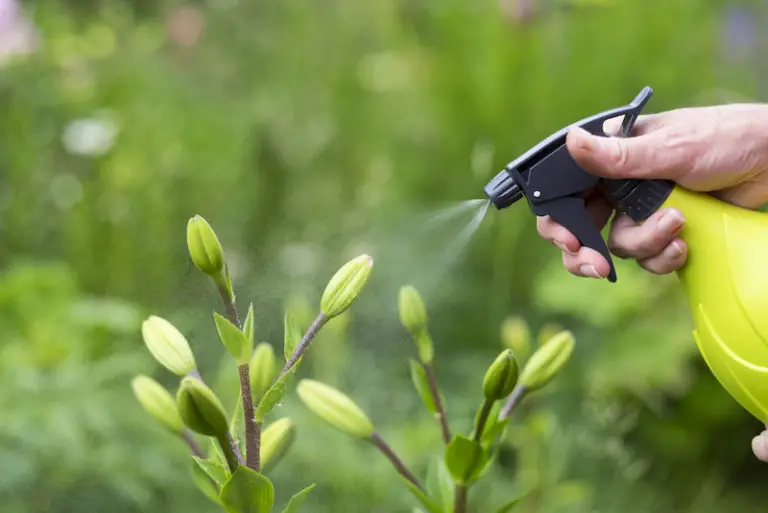
9. Watch for Diseases
Diseases are of two types in leaves one that is confined to the leave or stem which is affected but the other which spreads in the whole plant. Both are injurious to us as they can damage your plant growth. Like, you have powdery mildew, which is very less seen in houseplants uk yet, yet there are chances of infection. Thus, make sure to observe and look for symptoms of diseases in plants weekly and cure them as soon as possible.
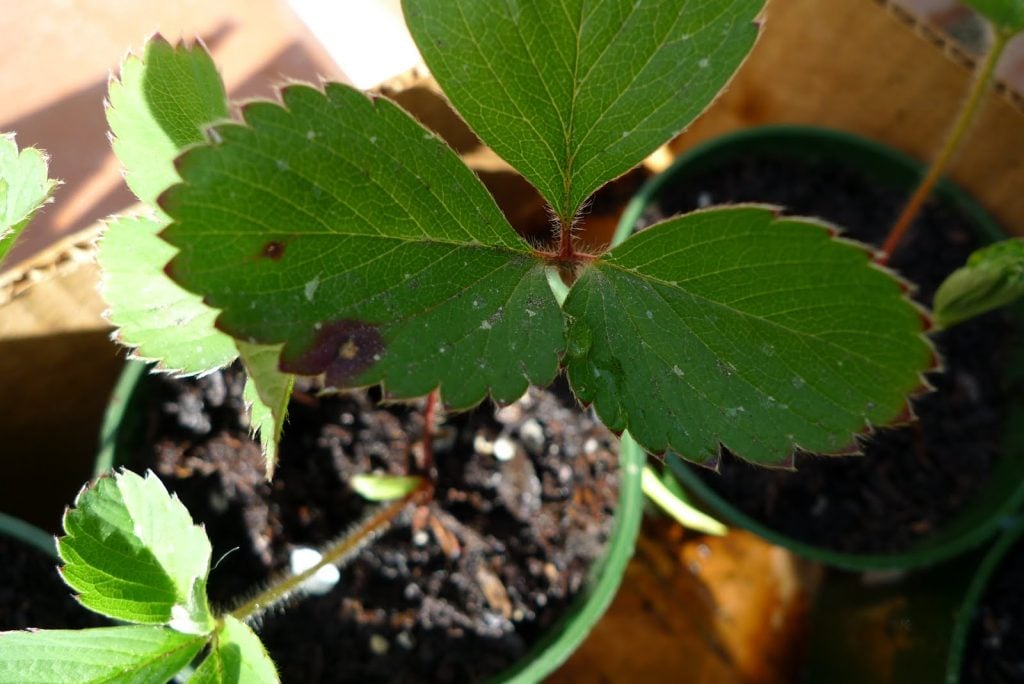
Types Of Houseplants
Now, you know the about the needs of the plants, which makes your choosing option easy. Thus, get the plant that suits your schedule and needs in the way you want. Here you are getting a list in which we have covered every type of houseplants uk.
1. Chinese Money Plant
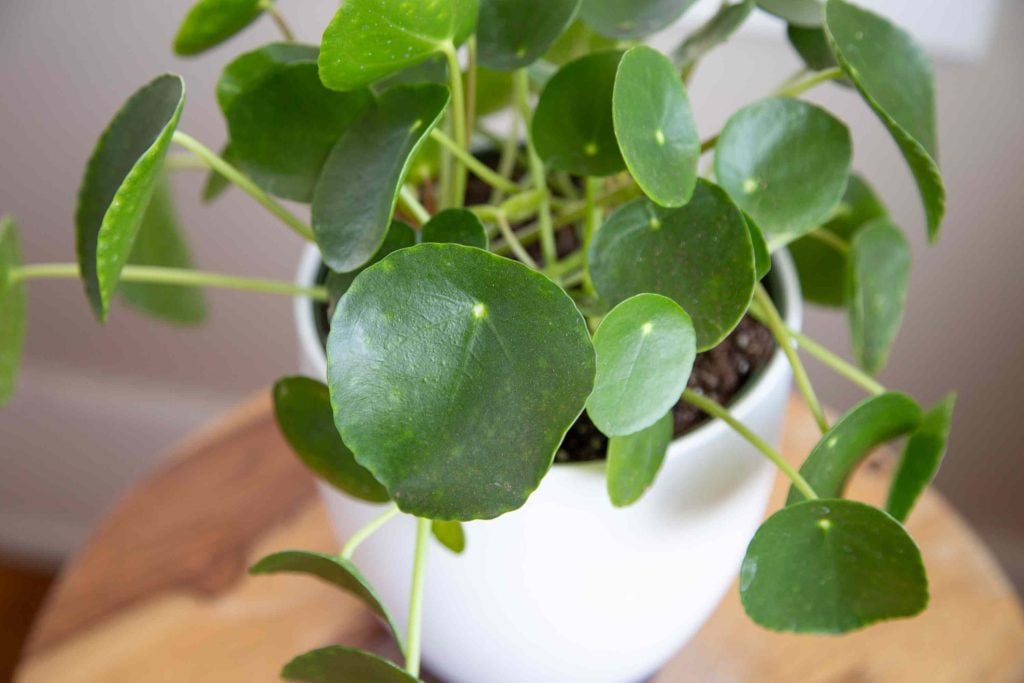
Pilea peperomioides is a houseplant with coin-shaped leaves which can grow well in shady areas. They hate direct sunlight. Thus, you can place them indoors where partial sunlight is available. If you have time to maintain your plant, then this plant is a good choice because these plants require regular watering and pruning.
2. Yucca Plant
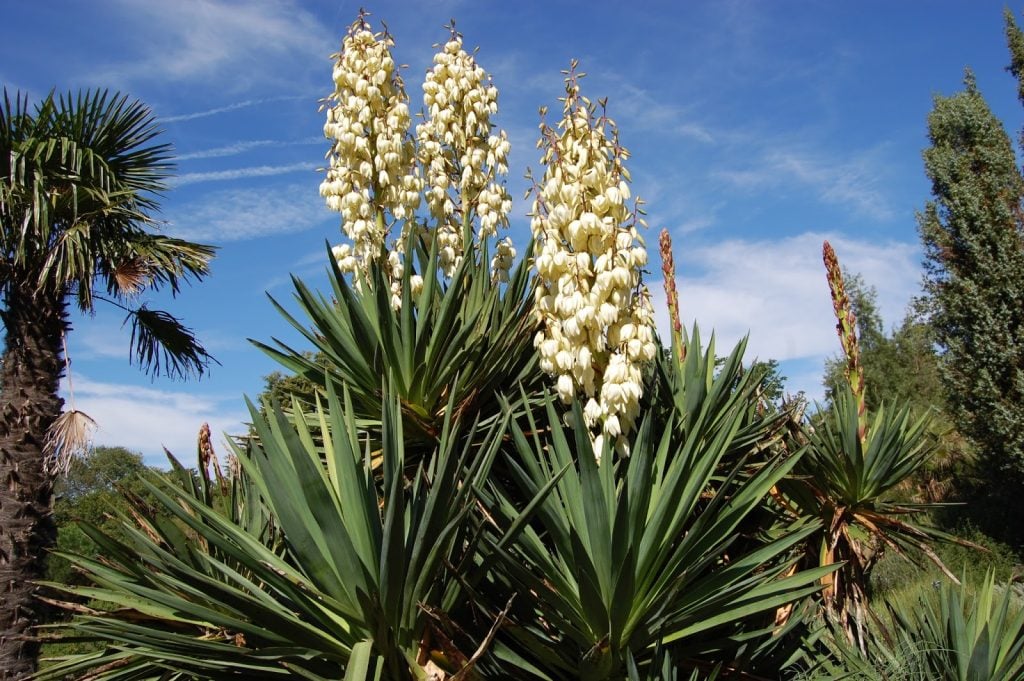
Yucca plants have pannicles of flowers and sword-shaped leaves. Yucca is known for its odour which attracts the Yucca moth. When this plant fertilizes and gives seeds, the Yucca moth feeds on those seeds. If you are a fan of insects and plants at the same time, then you can go for these.
Even their flowers are beautiful bouquets that you can see and cherish every morning; the only thing you need with this plant is the big pot and the spot where sunlight is available.
3. Snake Plant
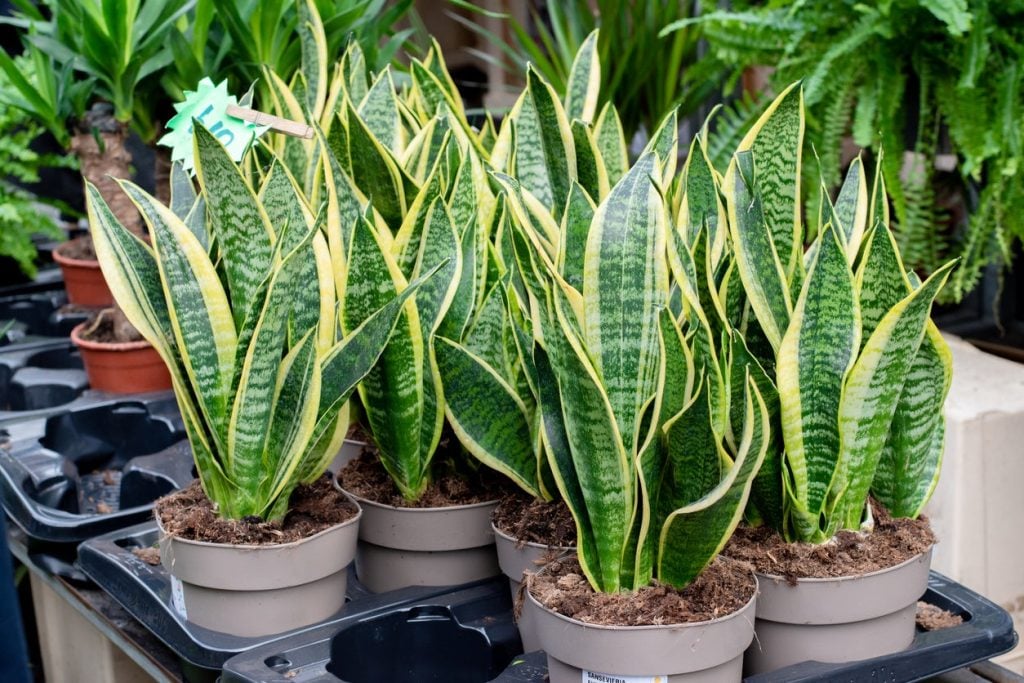
A bright, versatile plant for your house and is a great choice for beginners. Snake plants can thrive well in a warm and humid environment. Snake plant comes with ease of maintenance. You can go for two months without watering them, and in summer, water them once a week. This plant also comes in four varieties from which you can choose.
4. Pothos
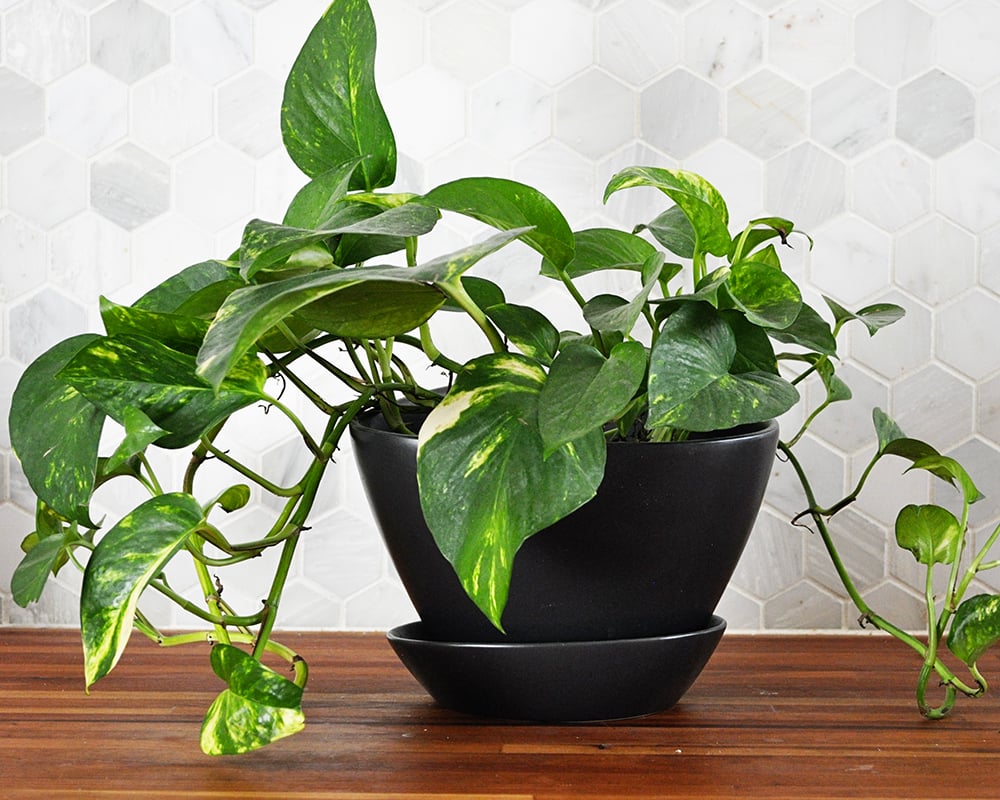
Epipremnum aureum is a versatile trailing vine which can flourish well in any sunlight condition. These plants are not grown for their flowers but are grown for their heart-shaped leaves. They need regular water at least twice a day in summer and once in winter.
To ensure seed germination use the germination pots, which increase the chance of seed germination.
5. Spider Plant
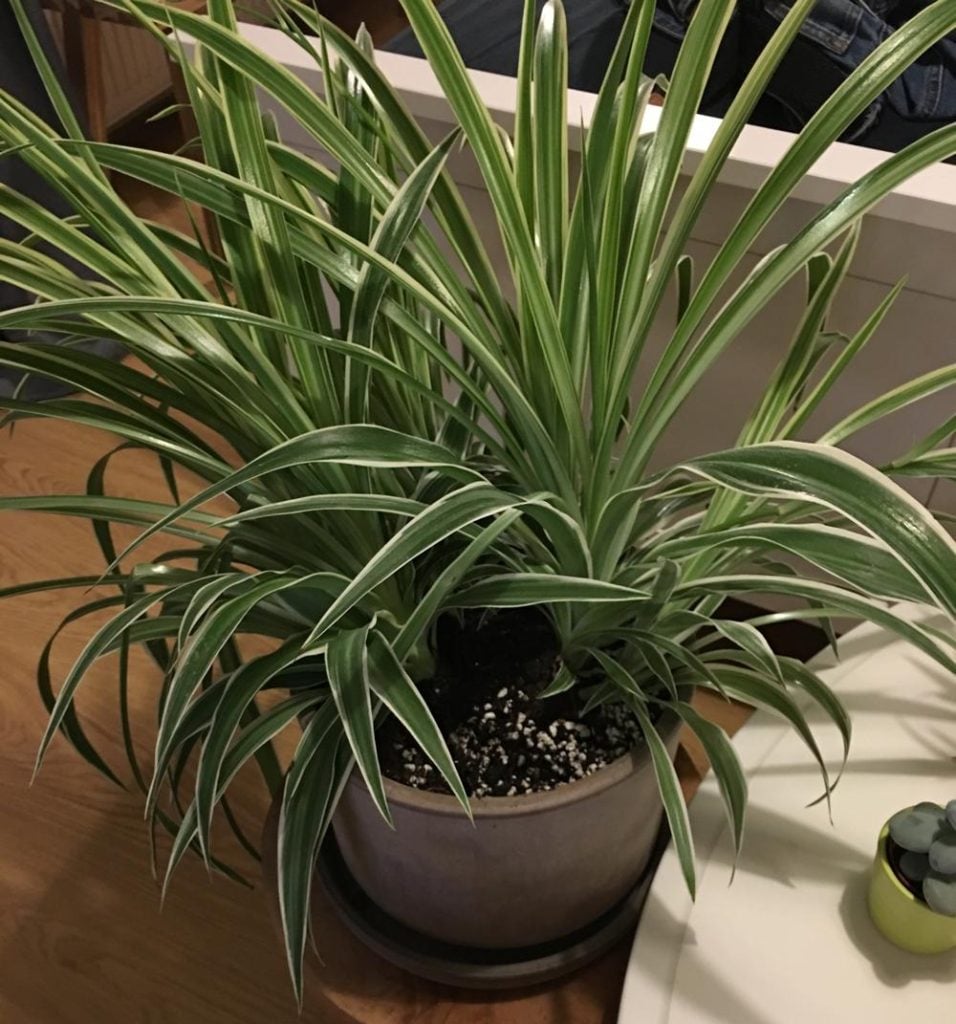
Chlorophytum comosum has long and branched fluorescence. You can place them in the hanging baskets, which will give you a feel of the green fountain. They are the best houseplants uk which is suitable for your window or balcony. Spider plant is allergic to fluorides and burn the tips, so make sure to keep them away from the kitchen or bathroom.
6. Peace Lily
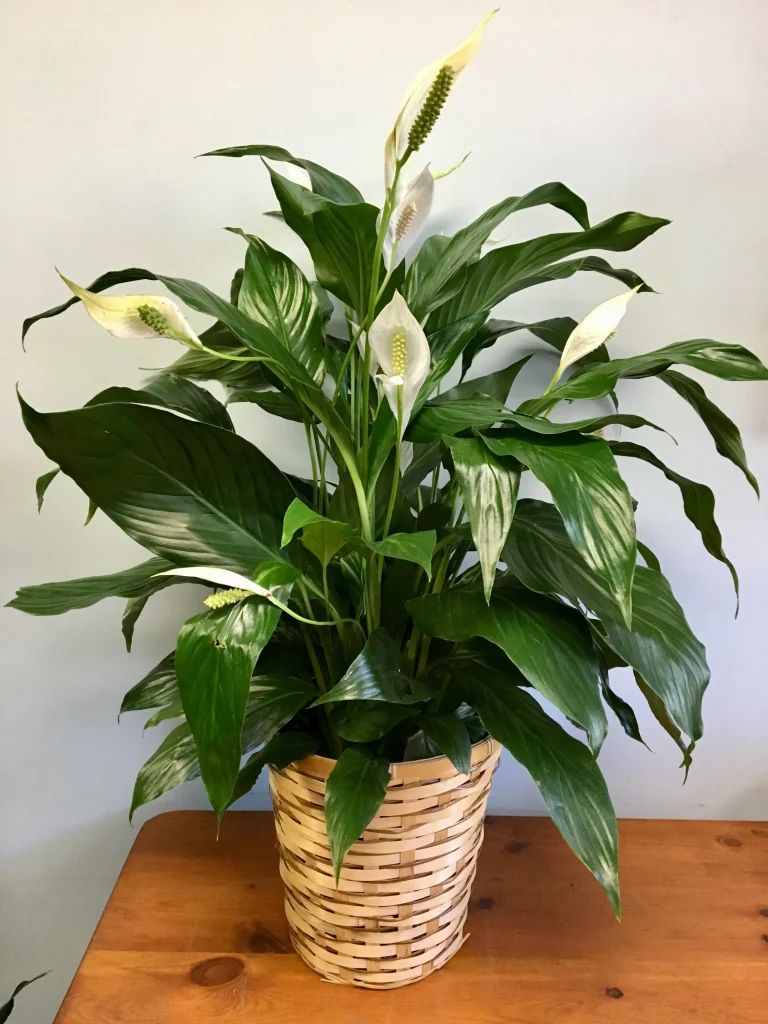
Want flowers in your room? Peace Lily can be a great addition to your house. This plant is usually advised to be grown in the garden. In the UK, many people grow them in pots. During summers but for better growth, pots are relocated outside and, in winter, brought in as the temperature falls.
Conclusion
Get your houseplants and make your indoors vibrant. With the above tips, you can maintain the longevity of your plant. If you provide the plant with the right care, then you will get a healthy plant. With time, you will become an expert in gardening. There is also a positive outlook for having your garden. It will not only provide you with aesthetics but also adds a cheerful and peaceful environment.
Go and get the houseplant that fascinates you and all their care aligns with your schedule. If you are a beginner and working, then go for the plant which needs less care, like the Snake plant. However, being new to this can bring many new adventures in your life.
Don’t forget to add a comment and the name of the plant you have decided to grow in your garden. If you have planned this hobby with your friend, then share the blog with them.


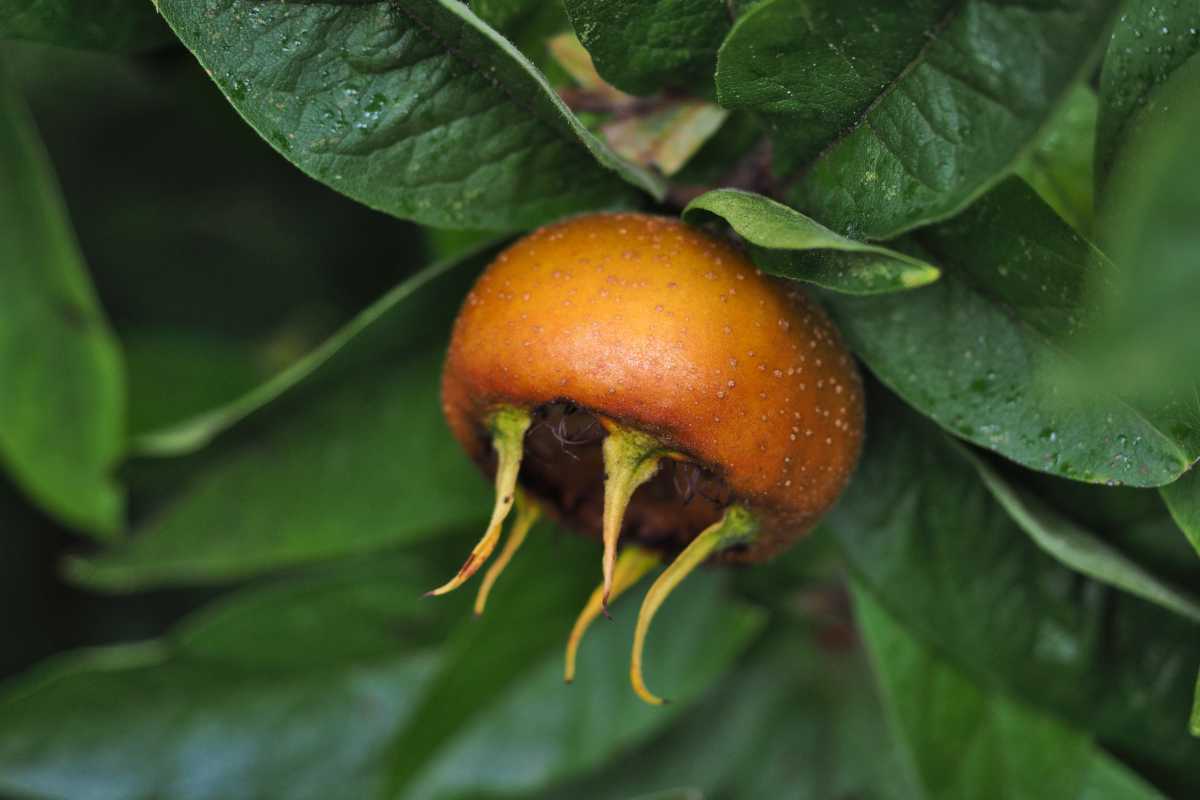
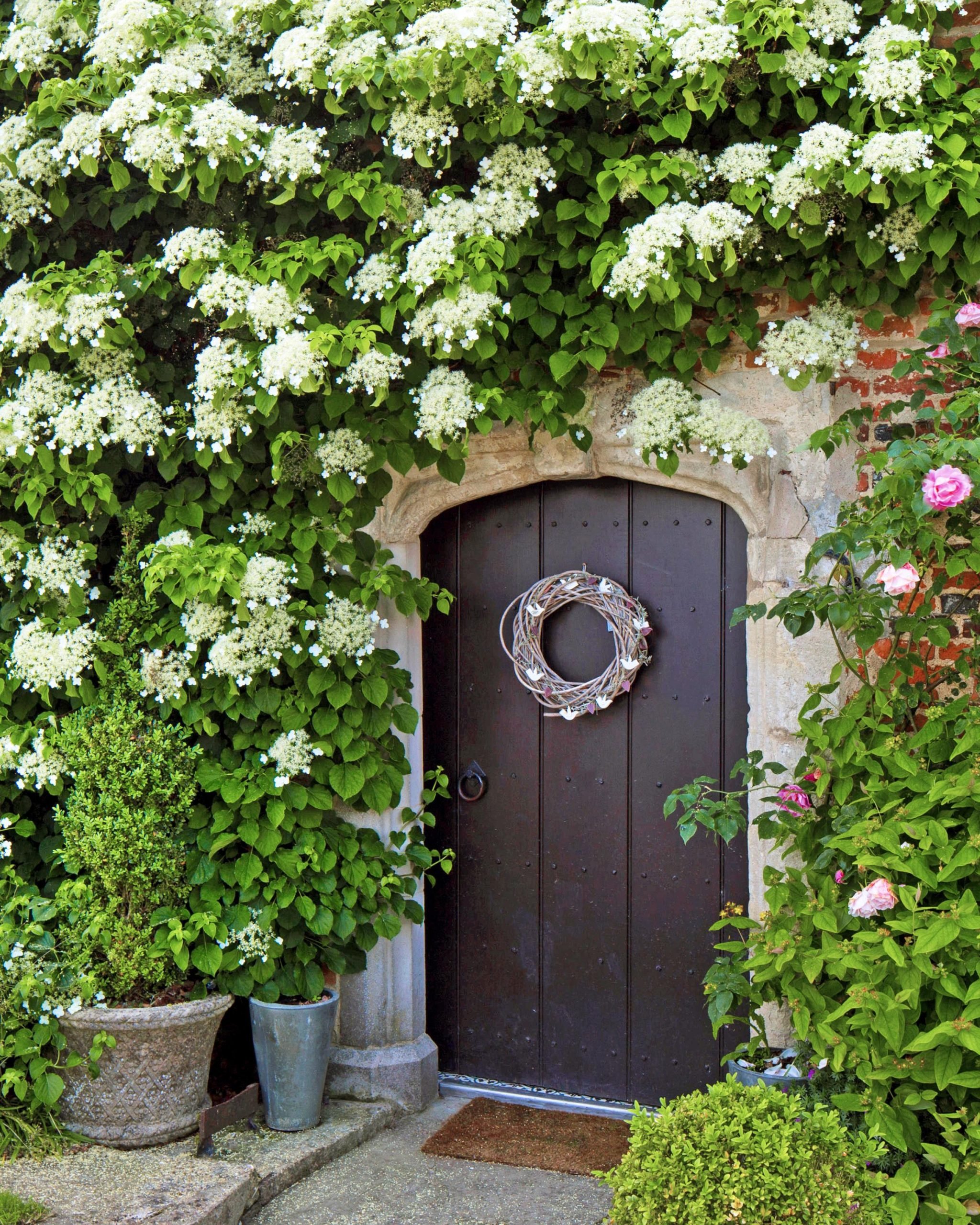
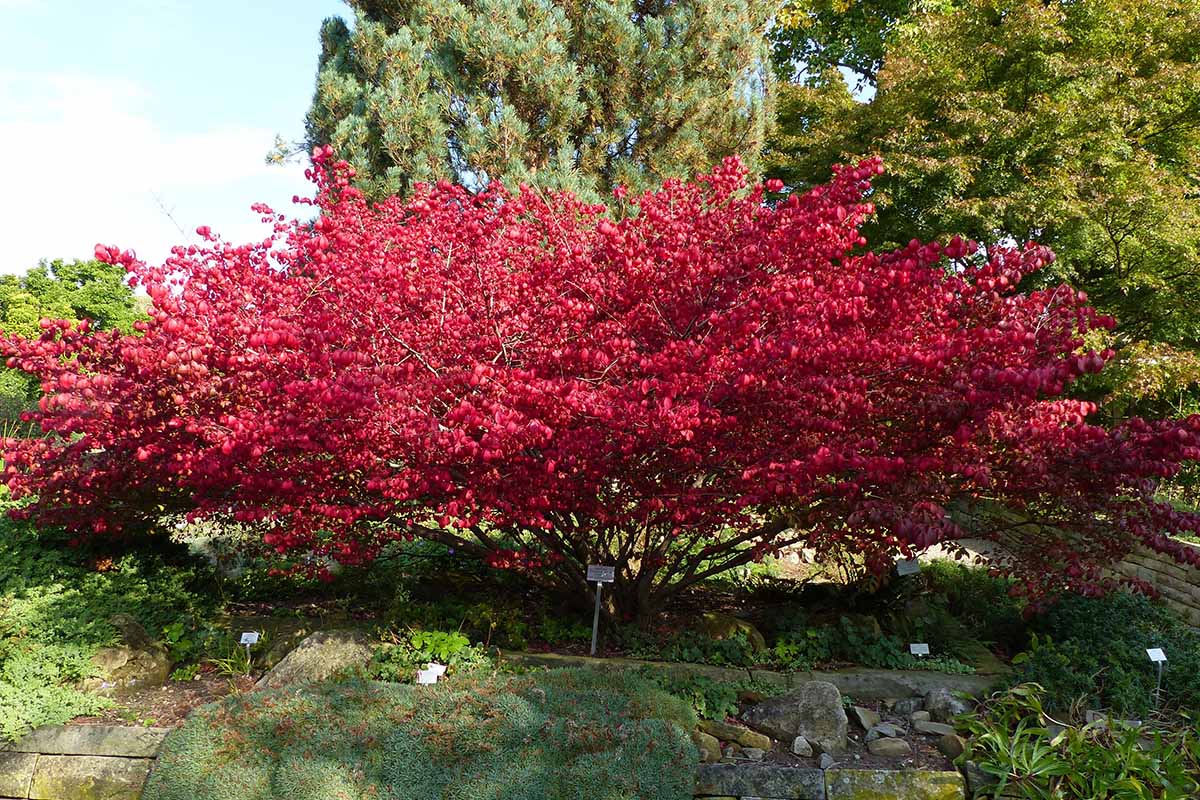
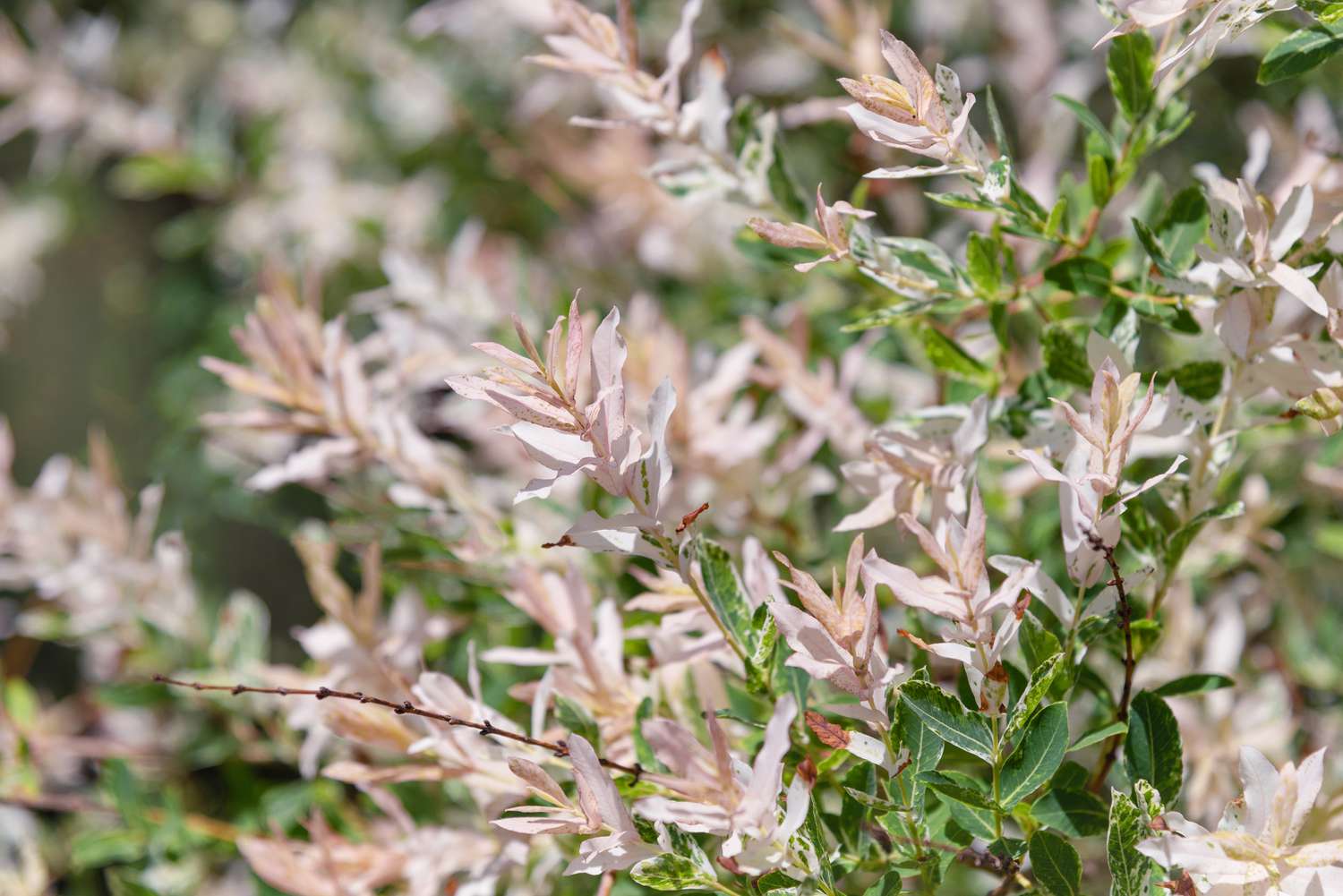
![A Year-Round Guide to Begonia Care and Maintenance [UK]](https://staging.thearches.co.uk/wp-content/uploads/Begonia-Plant-Care-Growing-Tips.jpeg)
![How to Grow and Care Bougainvillea Plant [UK]](https://staging.thearches.co.uk/wp-content/uploads/Bougainvillea-Plant-Care-Growing-Tips-1.jpg)